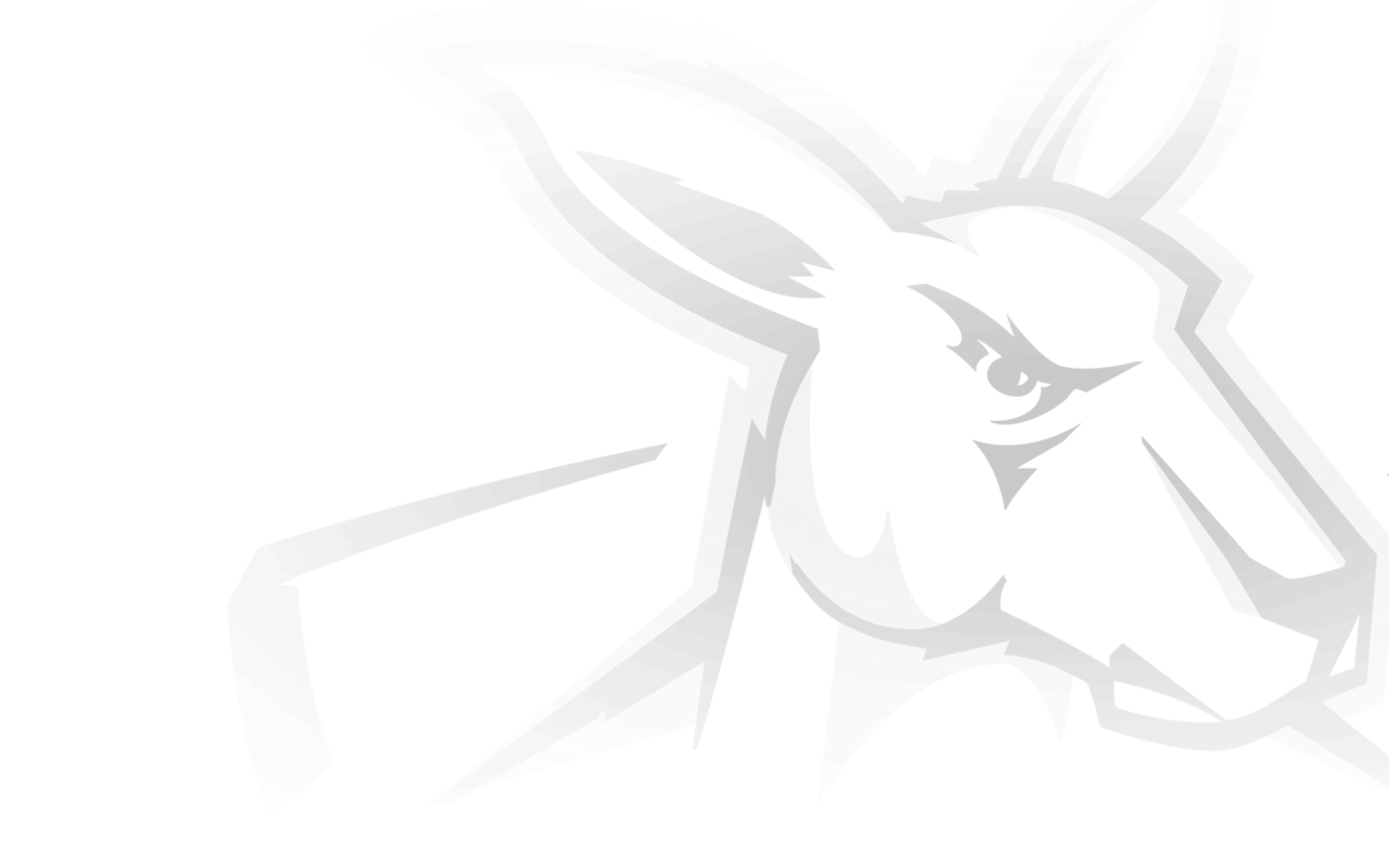The City of Melbourne is proudly diverse, with more than 56 per cent of residents having been born overseas. In North Melbourne, almost seven per cent of the community observe Ramadan, the most sacred month of the year for Muslims, marked by a month of fasting, prayer, and reflection.
On March 30, The Huddle held a community iftar, inviting members from the local North Melbourne public housing estate, community leaders, program participants and their families.
It was important for this event to be inclusive of all community, rather than concentrated on community elders and leaders. With COVID-19 and venue refurbishments across 2020, 2021 and 2022, the event was a great opportunity to connect with a community who have experienced a difficult few years and have not had access to the spaces and places in which they feel most comfortable.
The North Melbourne Recreation Centre was transformed on the night, with professional staging, dining, and seating bought into the venue. On the night, more than 160 people attended, with most of these attendees being mothers, who cannot always take part in such events.
During the evening, several activities took place to ensure all the attendees felt comfortable and at home. The North Melbourne Arts Bus facilitated arts and crafts on the night for the children and were able to refer participants to their monthly program at the North Melbourne Community Centre. Somali food was served to attendees and mats were laid out during the maghrib prayer.
Importantly, Sheikh Adam from the Australian Muslim Special Services Agency addressed the audience, explaining to all non-Muslims in attendance the significance of Ramadan and was then able to lead the maghrib prayer. Islamic Nasheeds (a song without musical instruments with lyrics that resemble hymns that praise God) were played throughout the evening, and our MC on the night was previous Huddle employee Nasteha Mohamud.
During the event, one mother mentioned that she felt “transported back to Somalia” while another mother thanked a staff member in part “for helping to raise her children”. Attendees appreciated the opportunity to experience the hospitality and warmth of Ramadan, and many commented on the delicious food and festive atmosphere.
As the days passed, we witnessed a ripple of positive outcomes beyond the immediate iftar dinner. The event served as a means for promoting cultural diversity and inclusion, which is particularly important in the current climate of heightened social tensions. It provided the opportunity for The Huddle, local businesses, and organisations to build relationships and pave future collaborations and partnerships.
The Huddle’s iftar played an important role in bringing people together and fostering a sense of community and belonging, while also promoting cultural understanding and inclusivity.



